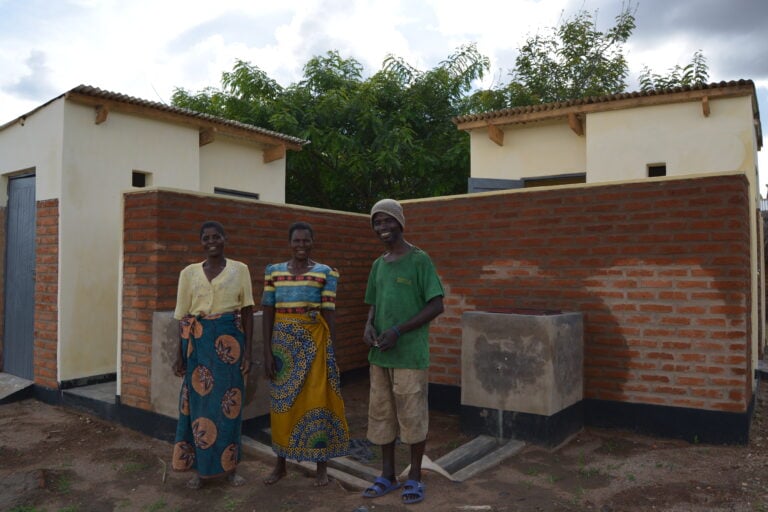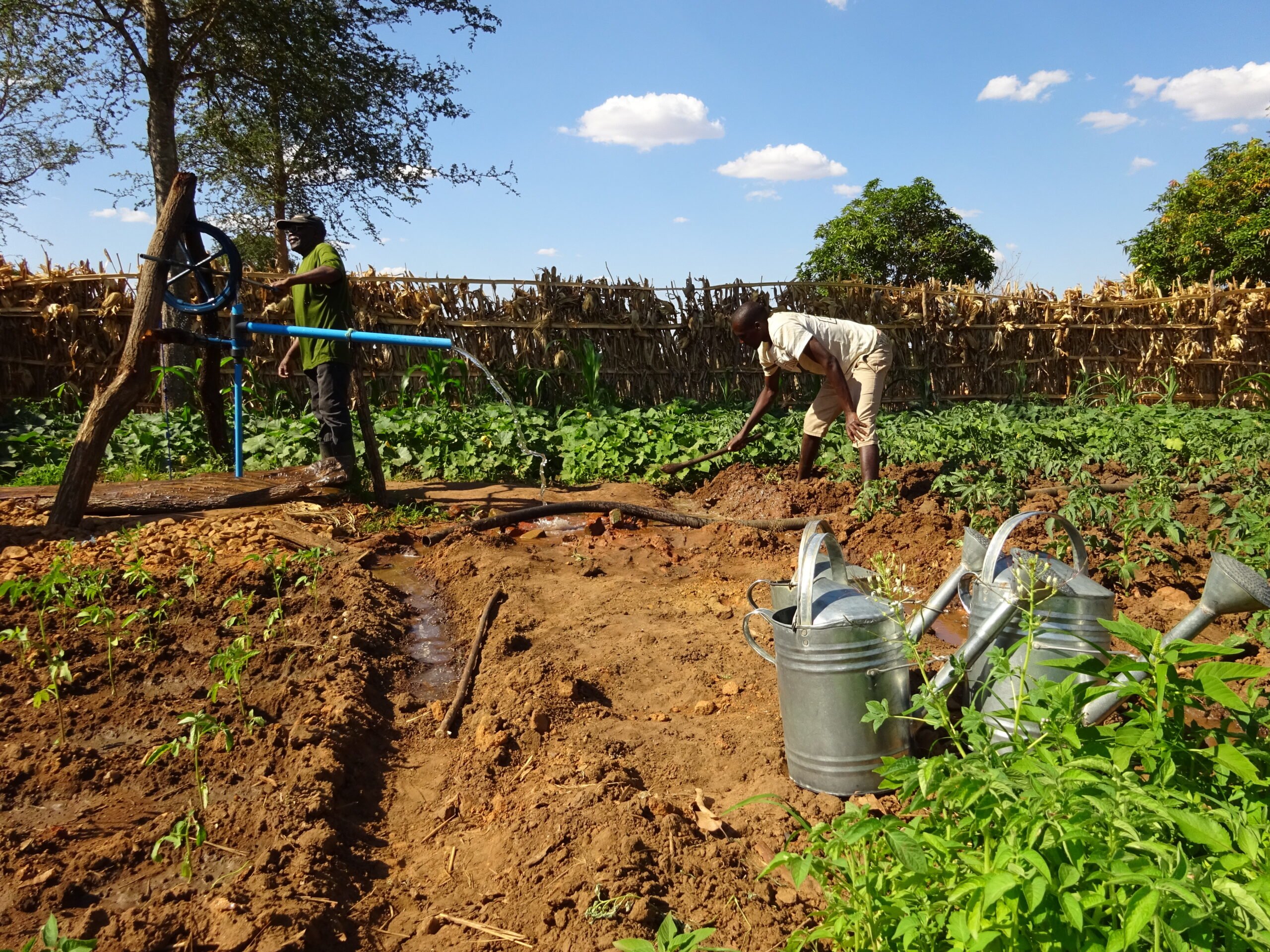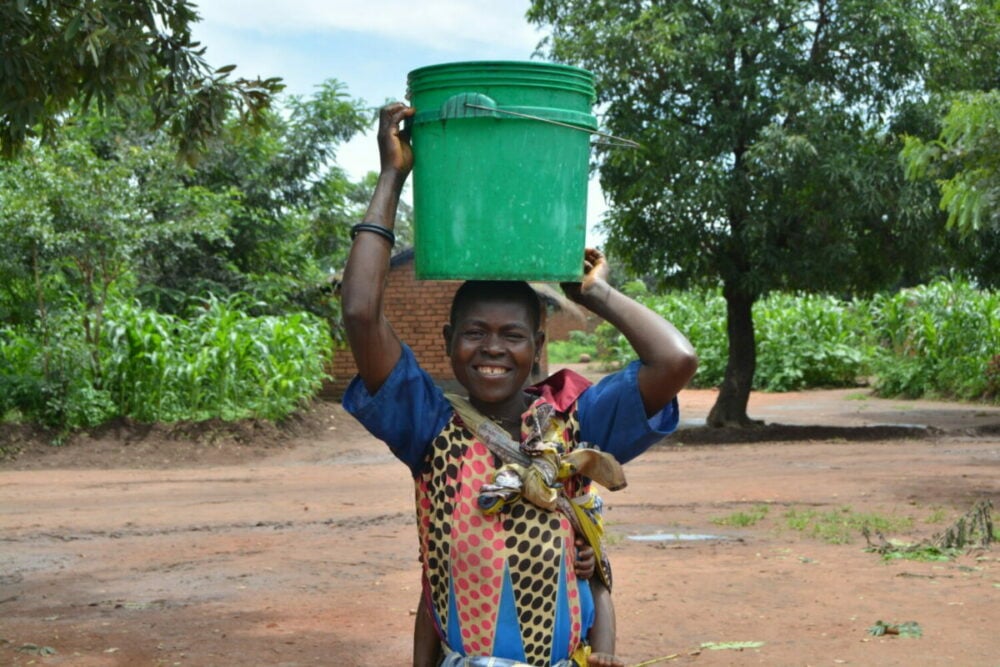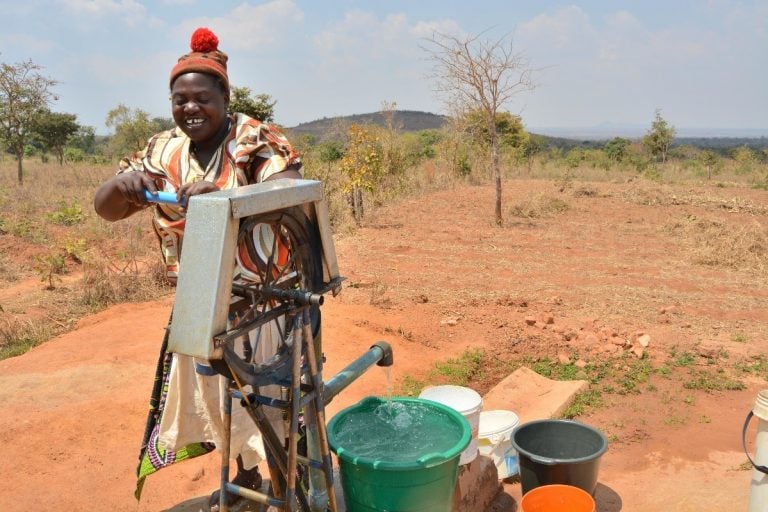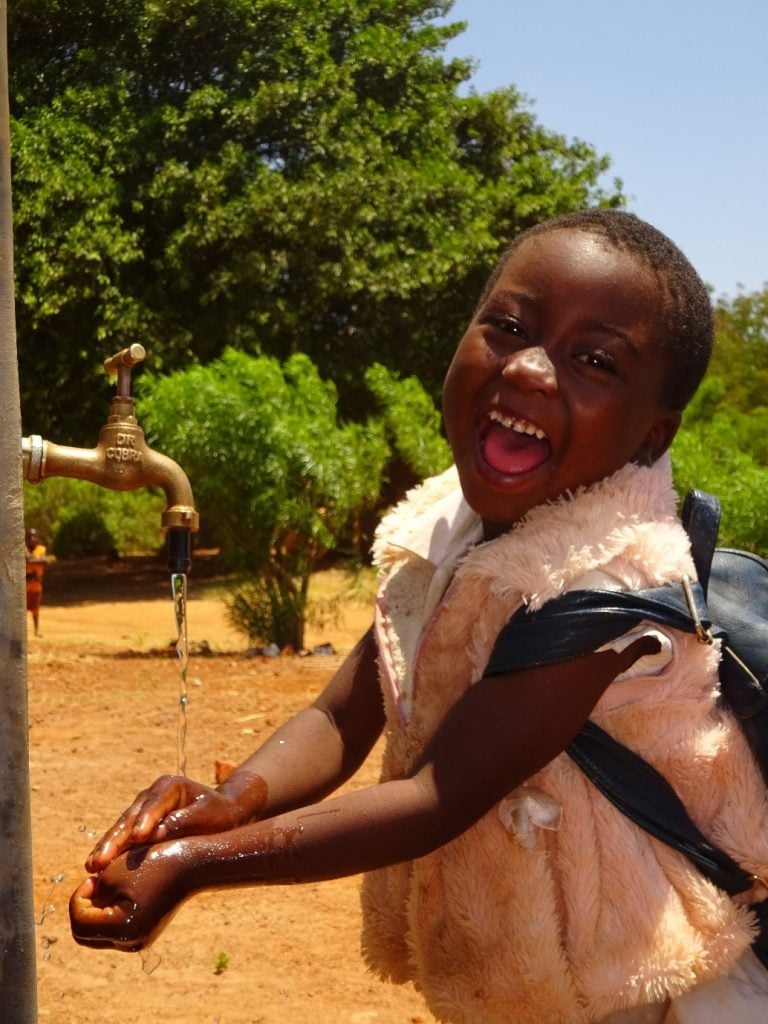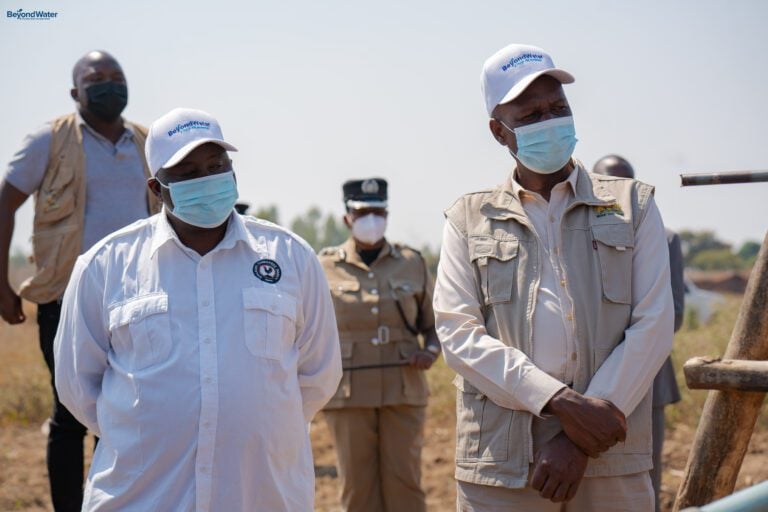How Pump Aid Supports Development & The Environment
World Water Week is the annual focal point to discuss the globe’s water issues. This year (26th to 31st August 2018), the focus is on the link between ecosystems, human development and water. Building on the UN theme for World Water Day earlier this year, ‘nature-based solutions’, World Water Week 2018 aims to cast light on this highly important issue of development for Pump Aid.
“The UN Sustainable Development Goals set ambitious targets for future development but, in our drive to increase economic development and human resilience, it is easy to overlook the effect such actions have on the environment and vital ecosystems. Pump Aid’s (DFID funded) self-supply programme seeks to address both these objectives by helping rural populations increase their access to water and improve their efficient use of it.
Michael Chuter, CEO, Pump Aid
What is Pump Aid doing to support people and the environment through its development programmes?
Pump Aid’s rope-and-washer pumps are manufactured close to the point of sale, reducing the need for polluting transport. Their manufacturers use locally sourced, and wherever possible locally recycled, materials which minimises the use of scarce resources.
The ease with which the water pressure from a rope-and-washer pump can be controlled makes it is as good for watering seedlings as it is for irrigating fields. This also means that the farmer only waters his or her crops, not the weeds and waste ground surrounding them.
Increasing the productivity of existing farms is one of the best ways of reducing the demand for increased farmland and efficient use of water is crucial if the benefits of increased irrigation are not to be undermined by depletion of the water table.
But, most significant of all, Pump Aid delivers its rope and washer pumps through a network of local artisans and entrepreneurs, who have a vested interest in the communities in which they live and work.
Engaging the community to build a sustainable and environmentally conscious self-supply programme
DFID is funding the roll-out of a previous self-supply pilot and this shared interest was perfectly evidenced at a workshop held at the start of the training programme for new entrepreneurs.
Pump Aid invited participants from the original pilot programme to attend a two-day workshop to share their experiences with the new recruits. Despite the pilot programme ending in 2016 and the pilot entrepreneurs being offered only expenses in return for their attendance, 24 of the 25 original entrepreneurs attended for the full two days, not because they would necessarily receive a huge personal benefit, but because they had personal experience of the effectiveness of Pump Aid’s approach and a genuine desire to share it.
Securing the engagement and commitment of the whole community is vital for the delivery of economic development in the most sustainable and environmentally friendly ways. The commitment of Pump Aid’s entrepreneurs to the roll-out of this programme is a tremendous endorsement of Pump’s Aid work and of the visionary approach taken by DFID when they agreed to fund the original pilot.”
